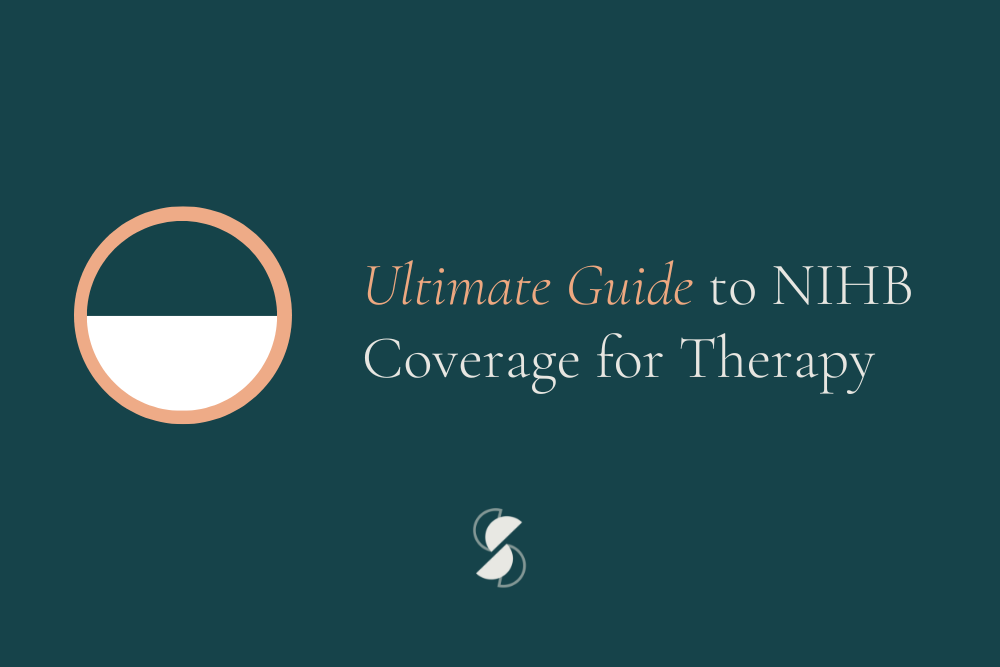Discover Your Type of ADHD and How to Work With It

Understanding ADHD: It's Not One-Size-Fits-All
Attention Deficit Hyperactivity Disorder (ADHD) is not a one-size-fits-all experience. It’s a unique way of thinking, processing, and engaging with the world. In his book Healing ADD, Dr. Daniel Amen identifies seven different types of ADHD, each with its own challenges and strengths.
The key to thriving isn’t about trying to “fix” your brain—it’s about understanding it and implementing strategies that work with it, not against it. If traditional ADHD advice hasn’t quite resonated with you, you’re not alone. The good news? With the right tools and support, you can create a structure that suits your brain.
Note: Before making any significant lifestyle changes, especially regarding nutrition or fitness routines, always consult with a licensed health professional to ensure they’re right for you.
The 7 Types of ADHD & Practical Support Strategies
1. Classic ADHD – Impulsive and Inattentive
Try this: Routines and structure can be powerful tools. Use visual schedules, budgets, reminders, or colour-coded planners to stay on track. Therapy can support impulse control, while mindfulness techniques help improve focus at work, school, and in daily life.
2. Inattentive ADHD – Distracted, Forgetful, and Easily Overwhelmed
Try this: Break tasks into smaller steps and use timers or tech tools for reminders. Creating a structured workflow can enhance focus and improve follow-through.
3. Over-Focused ADHD – Trouble Shifting Attention and Getting “Stuck”
Try this: Practice cognitive flexibility by brainstorming multiple solutions or intentionally switching between tasks. These strategies help train your brain to adapt more easily.
4. Temporal Lobe ADHD – Mood Swings, Irritability, and Memory Struggles
Try this: Keep a journal to track emotions, triggers, and patterns. This can provide valuable insight into what works and what doesn’t for your emotional well-being.
5. Limbic ADHD – Low Energy, Chronic Sadness, and Lack of Motivation
Try this: Engage in activities that genuinely bring you joy—whether creative, social, or movement-based. This can help spark motivation and improve mood.
6. Ring of Fire ADHD – Highly Sensitive, Emotionally Reactive, and Easily Overstimulated
Try this: Manage sensory overload by creating a calming environment, using noise-cancelling tools, or scheduling quiet time. Additionally, 30 minutes of physical activity within your capacity (consult with a health professional first) can help relieve hyperactive energy and quiet the mind.
7. Anxious ADHD – ADHD Symptoms Combined with Chronic Stress and Worry
Try this: Mindfulness, deep breathing exercises, and therapy can help regulate the nervous system and build confidence in managing stress and anxiety.
ADHD & Lifestyle Support
Many people with ADHD benefit from lifestyle adjustments, but it’s essential to remember that every brain is different. Before making any changes to your diet, exercise, or wellness routine, consult a licensed health professional.
Key Lifestyle Strategies:
- Daily Routines & Organization: Planners, timers, and structured systems can make daily life more manageable.
- Mindfulness & Stress Management: Grounding techniques, deep breathing, and meditation can aid emotional regulation.
- Physical Activity & Movement: Exercise can support focus and emotional balance—find what works best for you!
- Optimized Environments: Reducing clutter and distractions enhances concentration.
- Support Networks: Connecting with ADHD-friendly professionals and communities provides encouragement and shared strategies.
Your Brain Is Not Broken—It’s Wired Differently
Having ADHD does not mean you are “lazy” or “not trying hard enough.” Your brain isn’t broken—it simply needs a different approach. By understanding your ADHD type and implementing tailored strategies, you can train your brain to work for you, not against you.
Some of the most successful people—including actors, singers, architects, lawyers, doctors, and engineers—have ADHD. You are in great company!
Ready to Thrive? Therapy Can Help
- Navigating ADHD doesn’t have to be a solo journey. Therapy can help you:
- Reframe negative self-perceptions and internalized stigmas.
- Strengthen emotional regulation and executive function skills.
- Work through past experiences and self-doubt.
- Learn personalized strategies to create a life that supports you.
Book a therapy session today and take the first step toward thriving with ADHD. You and your brain are capable of amazing things—let’s work together to help you succeed!








